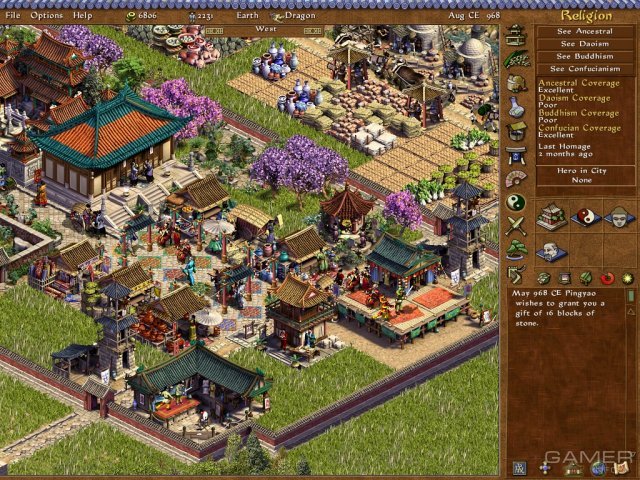

On the other hand, the national identity, state ideology, and cultural orientation of Han China grew from these mixed elements during the period of unification under the Qin and Han.

It was this cultural vision that, by placing China at the center of the world, produced distinctions between Chinese and barbarians.” The idea of The Middle Kingdom was inherited by the Qin and Western Han dynasties (221 BCE to 9 CE), yet in the first of many authorial qualifications we are assured that it was far less restrictive than it appears, denoting in practice a space comprising a wide variety of intermingled races, ideas, cultures, and religions: “All-Under-Heaven is actually a self-centered cultural imagining. Best thought of as a vast inverted basket atop a chessboard of territories (the geometrical improbability underscores the imprecision of the notion), All-Under-Heaven extended in four directions and comprised three circles: the capital and the ruler, the land of the Han, and those occupied by barbarians. At pains to stress both the uniqueness and capacious nature of Chinese culture as a whole, along with that culture’s apparent insularity, he seeks to show that a simultaneous awareness of the outside world never lapsed in China’s long history.Ĭentral to Ge’s argument is the concept of All-Under-Heaven ( Tianxia), the core of the Chinese mentality since the earliest times. But that nature mainly springs from Ge’s conviction that seemingly straightforward questions about China’s territories, peoples, faiths, and historical development are far more complex than for other countries. The author’s impatience with much foreign historiography of China, whether Japanese or Western-including postmodern critiques of the nation-state-accounts for some of the book’s didactic nature. The most basic concepts are questioned so dutifully that both “China” and its “rise” can find themselves in inverted commas. In what can at times come across as abstract and opaque notions of culture, the nation-state, or national identity, Ge spans 5,000 years of history. What Is China? is a short book on vast topics. (The first edition in Chinese was published in 2014 by Hong Kong Oxford University Press.) He is also well known abroad, having since 1997 been a visiting professor in Japan, Belgium, Taiwan, and the United States (Princeton University, from 2010-13.) That is no doubt why his book rates an English translation under the imprimatur of Harvard University Press.

More than that, Ge is also protected in these more normal times by his prominence as a professor at the National Institute for Advanced Humanistic Studies and the Department of History at Fudan University in Shanghai. Xi Jinping is not mentioned at all, and there is a single innocuous mention of Mao. The times are not good for candid analysts who dare to go public, though not as bad as they were, and apart from the final chapter, “Practical Questions,” the surface of his work is unruffled by contemporary politics. Though he deals with the entire sweep of China’s history from the earliest times to the present, in a book with no lack of messages for the present-some of which will likely rile other Chinese scholars-I suspect Ge Zhaoguang will be safe. Wu Han, it nearly goes without saying, perished in prison. Peng Dehuai, the Defense Minister fired for criticizing the Great Leap Forward of 1958-62, was the righteous official, and the emperor of course, Mao.

The play was about a brave Ming dynasty official who dared criticize the Emperor. Peering at hairline cracks in the Sino-Soviet relationship as a diplomat in the early 1960s I recall my antennae tingling when an article in an obscure Soviet historical journal took sudden and vicious exception to the career of Genghis Khan a stand-in, it quickly emerged, for Chairman Mao.įive years later, when I worked in Beijing during the earliest years of the Cultural Revolution, I found myself reading vicious attacks in Red Guard wall posters on Wu Han, the author of an abstruse-sounding play called The Dismissal of Hai Rui from Office. Under repressive regimes political disputes are often fought out under the cloak of historical studies replete with subtle pointed allusions or poisoned innuendo. What Is China? Territory, Ethnicity, Culture and History


 0 kommentar(er)
0 kommentar(er)
